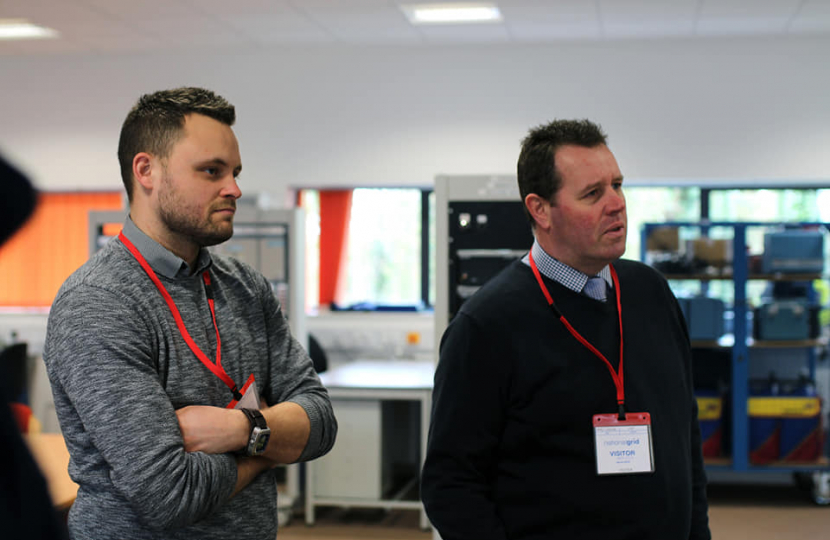
During a recent Westminster Hall debate, Mansfield MP Ben Bradley raised his concerns on the barriers many people face when attempting to enter the teaching profession.
The Mansfield MP raised his concerns that individuals have to possess degree level qualifications to access a career in teaching and highlighted the fact that this can inadvertently make for a less diverse workforce. Mr Bradley emphasised that this is not ‘diversity in terms of physical characteristics … but in background, views and experience…’ Having a teaching workforce full of these diverse experiences and backgrounds helps provide a more rounded education and prepares students better for the real world.
Currently only independent schools and colleges are free to bring these people in without degree level qualifications. Ben stated that, from his conversations with colleges, these individuals can be invaluable in a range of areas, from supporting more technical and vocational qualifications to supporting and advising students on how to build careers in business and entrepreneurship.
In his speech, Ben also raised his recent visit to Crocodile Rock Day Care and spoke about the discussions he had with staff and owners at the day care. These centred around the issues of staff retention, with many staff leaving the profession for careers in retail and on the challenge of appropriate staff training on very tight budgets. Mr Bradley raised the notion that those who enter the early years settings should be able to take those skills they have learned on the job and progress that through apprenticeship-style training into primary and other schools. Ben stated that this could ‘open up a whole world of new opportunities, that will also improve recruitment and retention in the sector.’
A key subject of the speech Ben gave was the lack of male teachers in primary schools. Recent research by the Institute for Social and Economic Research showed that nearly 30% of all state-funded schools in the East Midlands have no male classroom teachers. During the speech Ben stated how important it is, particularly for children with no positive male figures at home, to see a positive male role model in the classroom. The lack of male primary school teachers was also related to the wider issue of teacher training and opening up access to teaching careers with Mr Bradley stating that there are ‘next to no examples of trying to support young men into teaching, even though the profession is 75% female…’
Ben was quoted as saying:
‘I was really pleased to get the opportunity to raise issues around how we can open up teaching careers to more people. Whenever I speak to schools in Mansfield, I raise my concerns that one of the biggest problems they face is recruiting and retaining the right people.’
‘Too often, qualified people with huge experience in industry or who have demonstrated a real talent and enthusiasm for teaching are turned away because of their lack of a degree. This severely limits the diversity of backgrounds and experiences in our teaching workforce, which is vital for a good education.’
‘The staffing issues are even more present in early years settings with many staff leaving to go and work in retail or at Amazon due to a lack of opportunities to progress. This is why I called for an apprenticeship style qualification to allow those in early years settings to progress into teaching careers in primary schools.’
‘Another key issue I raised was the absence of male teachers in classrooms across the country. I was shocked to find that nearly 30% of schools in the East Midlands have on male teachers and this shows the scale of the problem.’
‘Research has consistently shown that having male teachers in the classroom is vital for a number of societal, psychological and social. This is particularly the case for those boys in a household where that positive male role model is not present. This is not only that it provides boys with the opportunity to learn from someone they perceive as similar to them, but that it also means those boys see someone who’s interactions with women are positive.’
‘I will continue to raise these issues with ministers and colleagues and look forward to removing some of the barriers prospective teachers face.’





